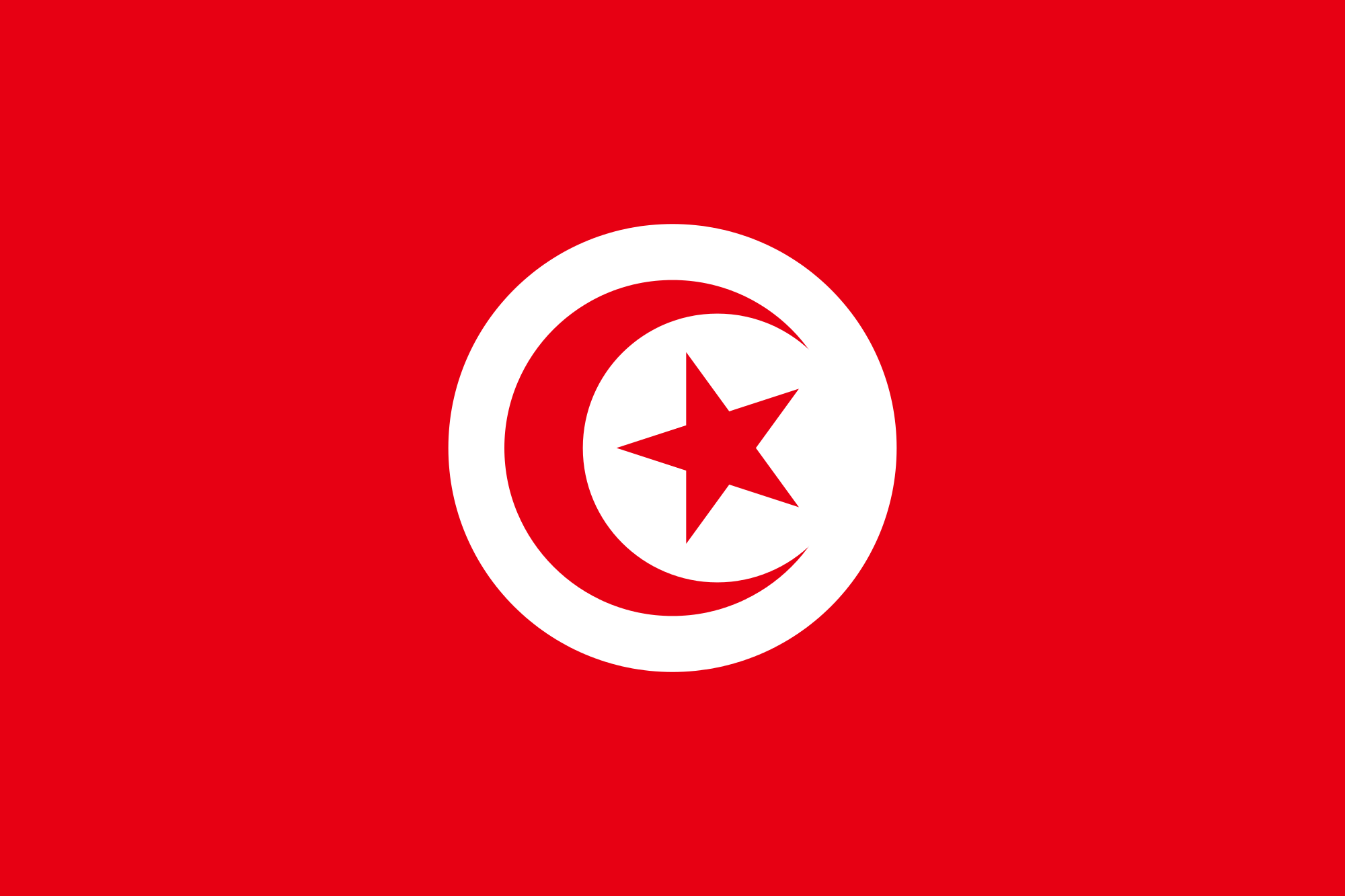There are many things that make the north African country of Tunisia unique. One of these, historically speaking, is that it was the only Arab nation in the whole world to come under German occupation during WWII. This means that as in many European countries, the Jews of Tunisia were forced into labor, their property was confiscated, and they were required to wear the Star of David. Many were deported; many others were executed.
Prior to the occupation of the Nazi regime, Jews had a minority presence in Tunisia for many years- likely dating all the way back to the 6th century BCE, before the destruction of the First Temple. Archaeological and literary sources tell us that the Jewish community in Tunisia dates back well over 2,000 years. Tunisia is mentioned in a number of places in the Talmud and in the works of Josephus, who testified to the transportation from the Land of Israel of 30,000 Jews to Tunisia.
During the late 1800s, the ruins of an ancient synagogue were found in Tunisia, which date back to between the 3rd and 5th century CE. At this time, the Jews of Tunisia were involved in trade, agriculture, and cattle raising, while also required to pay a poll tax to the Romans.
From 527 to 565, the Byzantine (Eastern Roman Empire) Emperor Justinian excluded Jews from public life. He ordered synagogues to become churches and prohibited the practice of Judaism, as part of his goal to adamantly defend and spread Christian Orthodoxy. As a result, many Tunisian Jews fled to the mountains and deserts of Tunisia, joining up with Berber tribes. Most remained there even after Tunisia was conquered by the Arabs in the 7th century, when Jews were therefore permitted to once again practice openly. The Jewish community returned to the coast under the Ottoman Empire and thrived under French rule until 1940, when they began to be exposed to anti-Semitic laws.
In 1948, the Jewish population was an estimated to be 105,000. However, by the year 1967 most Tunisian Jews had left the country for France and Israel, and the population declined to 20,000. As of 2004, an estimated 1,500 Jewish inhabitants still remain in Tunisia. The government works to insure the security of the small community, and has restored many of the communal buildings and synagogues that were previously confiscated. However, one of the concerns of the Tunisian Jewish community is that while it is re-obtaining synagogues, it is not acquiring new congregates to fill them.
One of the best ways to support the dwindling Jewish community of Tunisia is to visit it and explore it yourself. Currently, there are 6 synagogues in Tunisia, including the famous El Ghriba Synagogue in the gorgeous city of Tunisia. This synagogue was constructed in the late 19th century, but it was built in the place that is believed to have had a synagogue on it for close to 2,000 years.
Tunis is the most modern and most Western of all Arab countries today. One of the nice things about this is that jeans and tee shirts are standard dress, which makes it easy and comfortable to explore the country’s historic Jewish sites.




